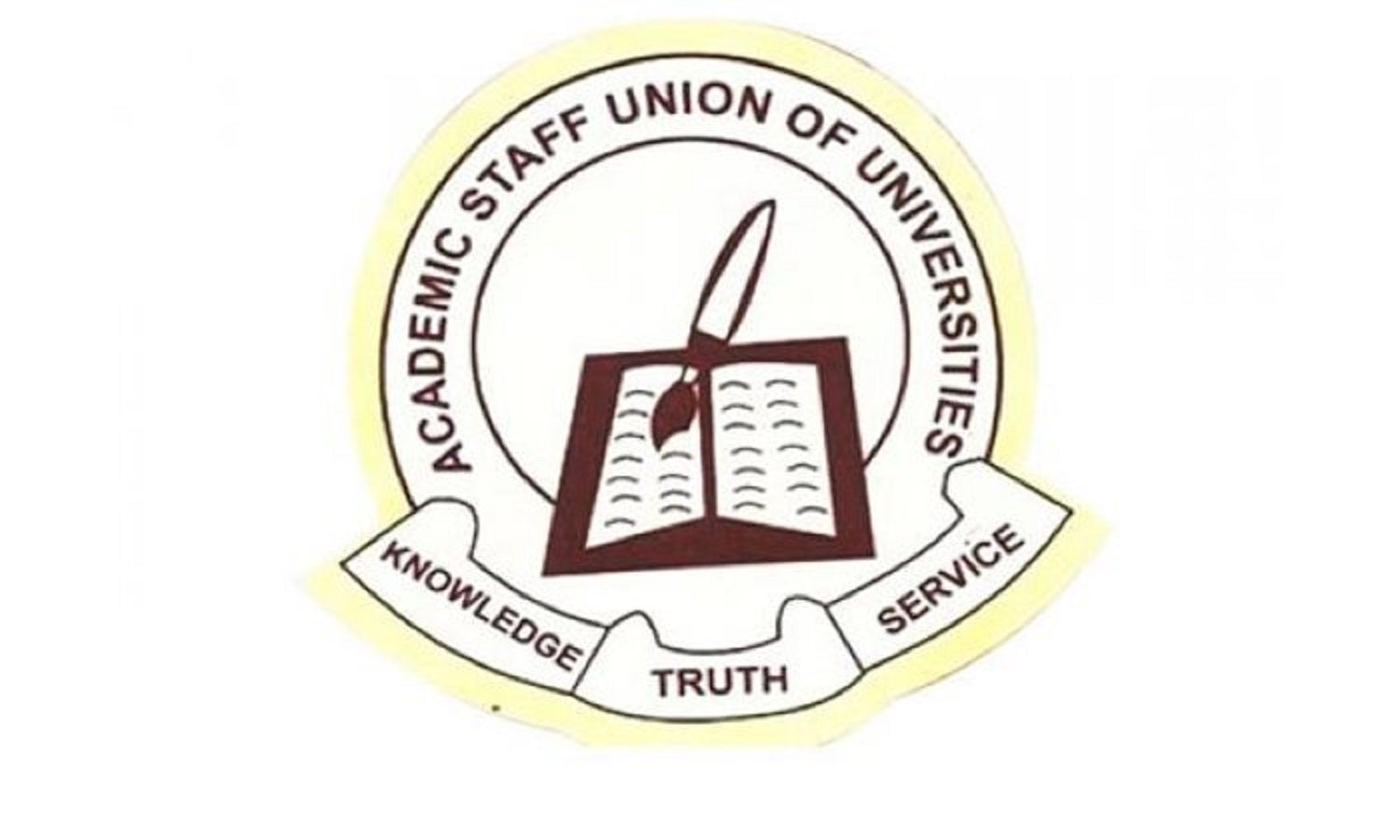ASUU strike, labour minister and ‘no work no pay’ clause
I carefully read the press release of December 8, 2020, from the media office of the Honourable Minister of Labour and Employment regarding the on-going effort at resolving the industrial dispute between the federal government and the Academic Staff Union of Universities (ASUU). The claims of the minister on the ‘no work no pay’ rule […]

Academic Staff Union of Universities (ASUU)
I carefully read the press release of December 8, 2020, from the media office of the Honourable Minister of Labour and Employment regarding the on-going effort at resolving the industrial dispute between the federal government and the Academic Staff Union of Universities (ASUU). The claims of the minister on the ‘no work no pay’ rule are flawed on several counts.
First, the government lacks the right to impose a `no work no pay rule’ on workers who embarked on a strike because it (government) violated the sanctity of collective agreement, which it freely entered into with the trade union. If this is allowed to happen, then the industrial relations system would have lost the very self-regulatory pluralist value on which it is anchored. Hence, in the current case, the federal government, as the violator, cannot at the same time reach out to invoke the `no work no pay’ clause. This strike is clearly provoked by the government and by this singular act she strips herself of the morality and capacity to impose the `no work no pay rule’. Otherwise, the government could one day deny workers of their allowances thereby provoking them to embark on strike to demand it, then proceed to invoke the `no work no pay rule’ to deny them of their salaries too. The minister had mooted the idea of taking ASUU to court – the National Industrial Court I suppose. I wish he does so that he can be taught some lessons in a collective agreement, which is the centre-piece of the Nigerian industrial relations – at least going by the books.
Second, the case of the medical workers strike, which the minister referred to, must not be used as precedence for ASUU. Every case has to be treated on its own merit. Indeed, if that case has to do with the reneging of a collective agreement by the government, then the `no work no pay rule’ needed not apply.
Third, the minister has failed to see himself as a conciliator in industrial dispute, which he is supposed to be. He is the aggressor, the accuser, the judge and the executioner. This runs foul of the principle of natural justice as well as the letter and the spirit of ILO Conventions to which Nigeria is a signatory. In fact, it is the position of the ILO that a government cannot declare a strike in the public sector illegal, being one of the disputants. Someone should inform the minister that he is meant to be a conciliator – even if pretentiously.
Fifth, what is this propaganda about paying lecturers’ salaries from February to June 2020, by compassion? Did the government not shut down the institutions for about the said period due to COVID-19? Were the public servants not so compelled to withdraw their services for the period? Were they not being paid? What compassion are we talking about? This is cheap blackmail. The minister should be advised to stop using such demeaning terms for intellectuals.
Finally, one is beginning to feel that the minister is playing a cover-up. Otherwise, I see no reason why he would, rather than facilitate the end of the strike (after all these efforts) by making the payments he goes on filer bursting.
Prof Ifeanyi P. Onyeonoru, University of Ibadan.
